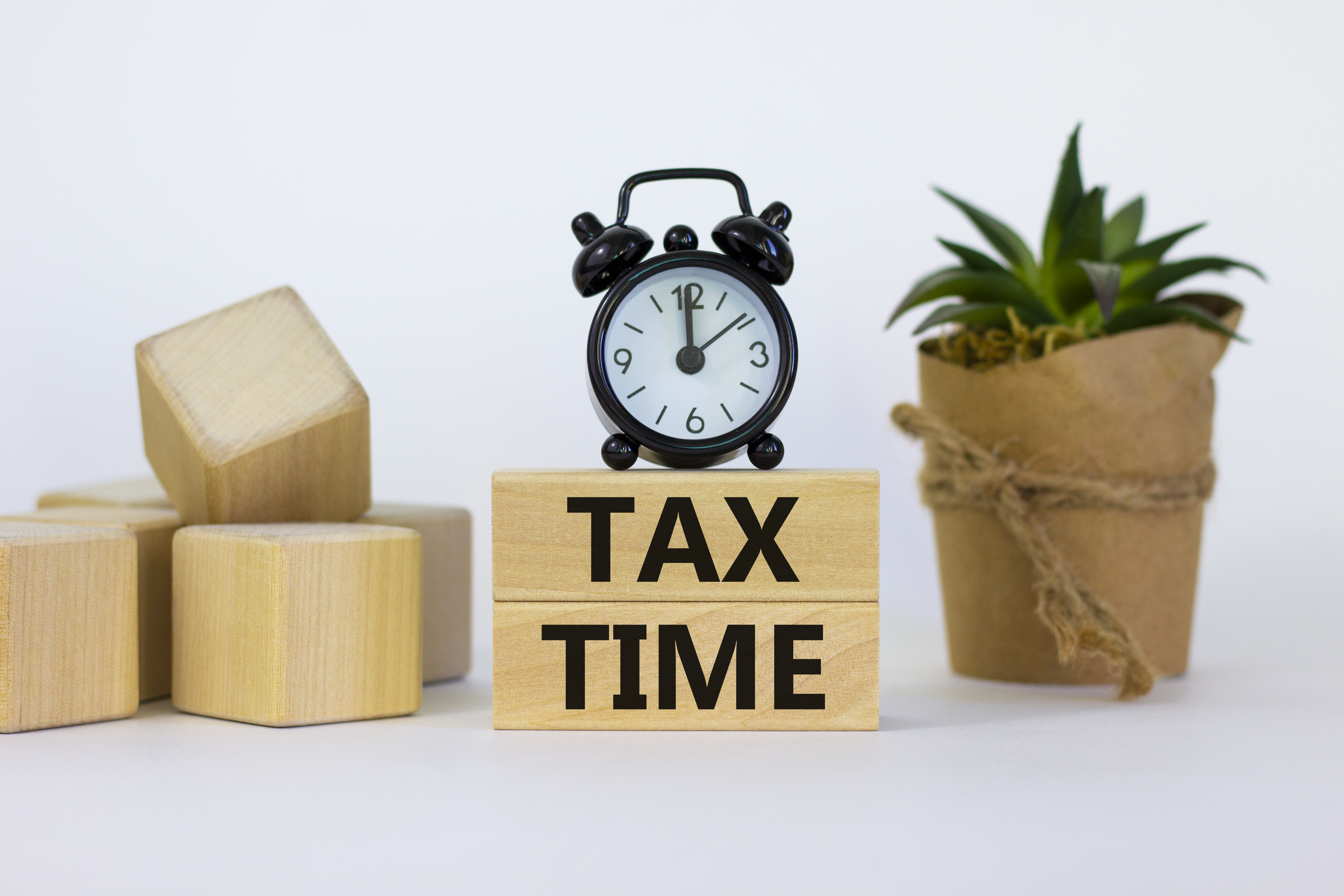Tax season isn’t just a headache for individuals and for-profit businesses; it’s also a big piece of the financial puzzle for homeowners associations (HOAs). As complicated as federal and state income taxes may seem to everybody else, they can also provide some twists and turns for HOA board members and are something that needs to be kept in mind throughout the year.
What do associations pay taxes on?
In many instances, community associations pay a low rate or are not required to pay property taxes on common areas like a clubhouse, roads, open fields, things of that nature, as long as the members (homeowners) have the exclusive right of use for those areas. Some associations may have a parking lot that they share with someone else, which wouldn’t be for exclusive use. Ordinarily, this would be taxed, but in NC, for example, all counties have the possibility of filing an exemption form that can be reviewed by officials in consideration of making a piece of common property exempt from taxes. Timing is everything when it comes to getting such exemptions. Typically, an association can be exempt from property taxes in the year in which it owns the property on January 1st. That said, if an HOA tries to get a property exempt and the property was deeded to the HOA on June 1st, they may be responsible for taxes because they didn’t own the property at the first of the year.
Where do taxes go in my association's financial plan for the year?
If the HOA does pay property, federal, or state income taxes, they are processed within an HOA’s budget. Depending on the type of community association, this can sometimes look a little different. For example, many coastal areas have marina associations. Members of these associations aren’t part of the association by deed like you would have for a piece of property, but rather by membership certificate, so in this case, the association will be paying the taxes on all the boat slips and common areas.
association by deed like you would have for a piece of property, but rather by membership certificate, so in this case, the association will be paying the taxes on all the boat slips and common areas.
What exemptions could my association be entitled to?
Obviously, it’s a good thing when an HOA qualifies for as many exemptions as possible. When tax season comes around, homeowners should look at their HOA’s financial statements; if the HOA is paying taxes on common property, that might be able to be used on personal income taxes. Of course, always be sure to consult an accountant or tax professional when it comes to your taxes.
Does my association have to file federal and state income taxes?
The vast majority of community associations are incorporated as not-for-profit organizations; that said, they still have to file federal and state income taxes. A lot of people think HOAs don’t have to file since they are not for profit, but they have to do it every single year, even if works out that their completed returns don’t show them needing to pay any federal or state taxes.
It’s important to understand that an HOA is not getting taxed on member assessments; it’s interest income and non-assessment income, clubhouse rentals, and other similar income.
What form(s) do non-profit corporations use?
In terms of filing, HOAs are one of the only entities that can actually select which type of form to use at the time of tax filing and can choose to use the simplified form 1120H, which is typically for small associations, or use the long form (1120) which is the normal corporate return. With the long form, the HOA shows the income and deductions of expenses like a typical corporation. Generally, that decision is being made based on the HOA’s amount of interest earned on investments, the level of non-assessment income, and whether you want to pay a few hundred dollars for an accountant to put together a short form or a higher tax preparation fee for a detailed long form. Consult your association's CPA to see what tax form works best for your association and the amount that should be budgeted for tax prep.
As you might imagine, when it comes to taxes, the devil is in the details.
If your association needs assistance when tax time comes around, learn more about how CAMS can assist. Not only can they help you in gathering your financial documents throughout the year, but they can also put you in touch with the appropriate tax professionals who will help make doing your taxes a less-stressful process.


